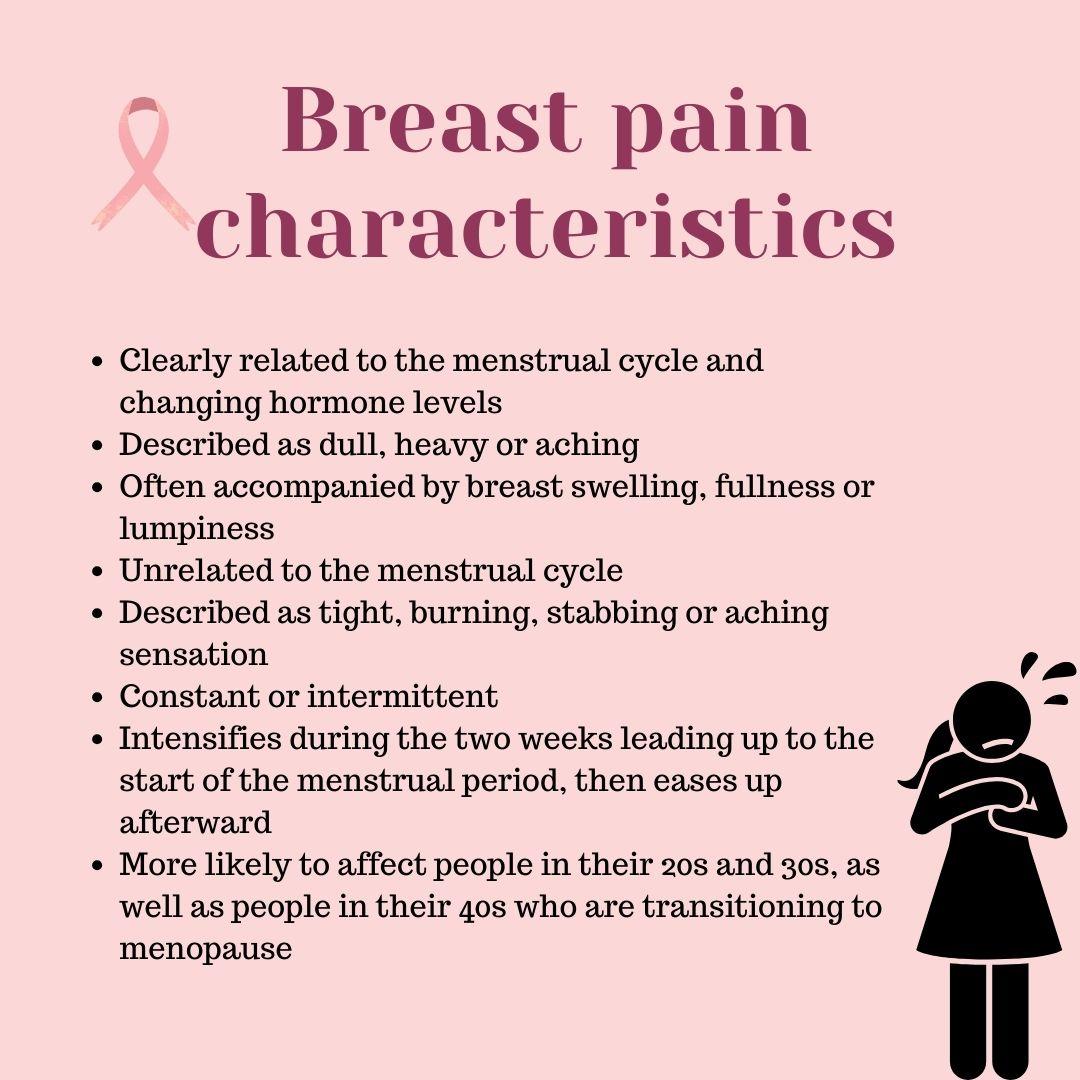Can congestive heart failure be reversed?
“`html
Understanding Congestive Heart Failure
Congestive heart failure (CHF) is a serious condition that affects millions of people worldwide. It occurs when the heart is unable to pump blood effectively, leading to a variety of symptoms that can significantly impact daily life. In this article, we will explore the causes, symptoms, treatment options, and lifestyle changes associated with CHF, providing you with valuable insights to better manage this condition.
What is Congestive Heart Failure?
Congestive heart failure is a chronic condition in which the heart’s ability to pump blood is compromised. This can lead to fluid buildup in the lungs and other parts of the body, causing symptoms such as shortness of breath, fatigue, and swelling. CHF can result from various heart conditions, including coronary artery disease, high blood pressure, and previous heart attacks.
Causes of Congestive Heart Failure
Understanding the causes of CHF is essential for prevention and management. Some of the most common causes include:
- Coronary Artery Disease: The most prevalent cause, which narrows the arteries and reduces blood flow to the heart.
- High Blood Pressure: Chronic hypertension can cause the heart to work harder, eventually leading to heart failure.
- Heart Valve Disorders: Malfunctioning heart valves can disrupt normal blood flow, causing the heart to weaken.
- Cardiomyopathy: A disease of the heart muscle that can be caused by infections, alcohol use, or genetic factors.
- Arrhythmias: Irregular heartbeats can impair the heart’s ability to pump effectively.
Symptoms of Congestive Heart Failure
The symptoms of CHF can vary depending on the severity of the condition. Common symptoms include:
- Shortness of breath, especially during physical activity or when lying down
- Fatigue and weakness
- Swelling in the feet, ankles, or abdomen
- Rapid or irregular heartbeat
- Persistent cough or wheezing with white or pink mucus
Diagnosis of Congestive Heart Failure
Diagnosing CHF typically involves several steps:
- Medical History: Discussing symptoms and family history with a healthcare provider.
- Physical Exam: Checking for signs of fluid retention and heart function.
- Blood Tests: Measuring substances that can indicate heart problems, such as BNP (B-type natriuretic peptide).
- Imaging Tests: X-rays or echocardiograms can help visualize heart size and function.
Treatment Options for Congestive Heart Failure
While there is no cure for CHF, various treatment options can help manage the symptoms and improve quality of life:
1. Medications
Several types of medications are commonly prescribed to treat CHF:
- ACE Inhibitors: Help relax blood vessels and lower blood pressure.
- Beta Blockers: Reduce heart rate and improve heart function.
- Diuretics: Help reduce fluid buildup in the body.
- Aldosterone Antagonists: Help the body get rid of excess salt and water.
2. Lifestyle Changes
Making certain lifestyle adjustments can significantly impact CHF management:
- Balanced Diet: Focus on heart-healthy foods like fruits, vegetables, whole grains, and lean proteins.
- Exercise: Engage in regular physical activity as recommended by your doctor.
- Weight Management: Maintain a healthy weight to reduce strain on the heart.
- Avoiding Tobacco and Alcohol: Both substances can exacerbate heart issues.
3. Surgical Procedures
In some cases, surgical options may be necessary:
- Heart Valve Surgery: Repairing or replacing damaged heart valves.
- Coronary Bypass Surgery: Improving blood flow to the heart by bypassing blocked arteries.
- Implantable Devices: Devices such as pacemakers or defibrillators may be used to help manage heart rhythm.
Benefits of Managing Congestive Heart Failure
Effectively managing CHF can lead to significant benefits, including:
- Improved Quality of Life: Reduced symptoms can enhance daily functioning and overall well-being.
- Increased Longevity: Proper management can reduce the risk of heart-related complications.
- Enhanced Physical Capability: With better heart function, physical activity becomes more feasible.
Practical Tips for Living with Congestive Heart Failure
Living with CHF may seem daunting, but these practical tips can help:
- Monitor Symptoms: Keep a journal of symptoms to discuss with your healthcare provider.
- Plan Meals: Prepare heart-healthy meals in advance to make healthier choices easier.
- Stay Hydrated: Drink plenty of fluids, but be mindful of fluid restrictions if prescribed.
- Regular Check-ups: Consistent follow-ups with your healthcare team are critical for managing your condition.
Case Studies: Real-Life Experiences with Congestive Heart Failure
Understanding CHF through real-life experiences can provide motivation and insights:
| Patient | Age | Management Strategy | Outcome |
|---|---|---|---|
| John D. | 68 | Medications, diet changes | Improved energy levels |
| Mary K. | 75 | Exercise, regular check-ups | Reduced hospital visits |
| Sam T. | 82 | Surgery, lifestyle modifications | Enhanced heart function |
Conclusion
Congestive heart failure is a complex but manageable condition that requires ongoing care and commitment. By understanding its causes, recognizing symptoms, and following effective treatment plans, individuals can lead fulfilling lives despite their diagnosis. Remember, proactive lifestyle choices and regular consultations with healthcare professionals are key to managing CHF effectively. If you or a loved one is experiencing heart failure symptoms, don’t hesitate to reach out to a medical professional for guidance and support.
“`
